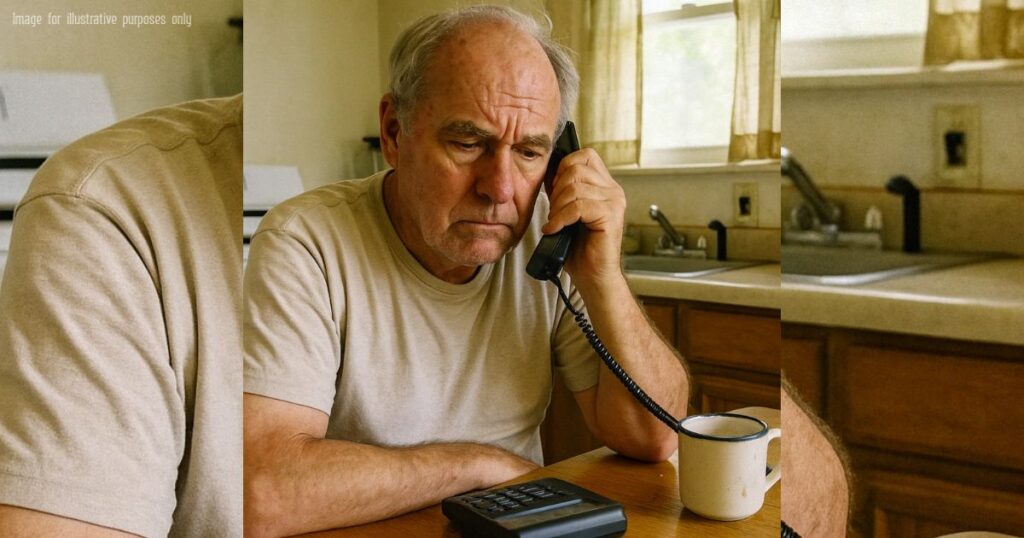“I almost didn’t call you,” she admitted. “I sat on the couch and thought, maybe I skip my meds this month and pay the rent instead. I was more afraid of you thinking I was irresponsible than getting sicker.”
That sentence hit me harder than any comment online.
“Maria,” I said, “you paying me when the doctor is telling you to rest doesn’t make you responsible. It makes you desperate. And it would make me cruel. I won’t let money turn me into that man.”
She blinked back tears. “They’re fighting about you in the comments,” she said, almost smiling. “Some say you’re encouraging people not to pay. Others say you’re the only decent landlord left.”
“I’m not trying to be a symbol,” I said. “I’m just a man who has to look himself in the mirror.”
She was quiet for a long moment.
“Do you regret it?” she finally asked. “The ninety days?”
I thought about the empty square in my ledger. About my daughter’s questions. About seven years of Maria shoveling snow and watering flowers she never owned.
“No,” I said. “I think I’d regret it more if I hadn’t done it.”
Here’s the part that will probably keep any comment section busy if this story ever lands there:
I don’t think kindness breaks the system.
I think it shows how broken the system already is.
Me giving Maria a few months of breathing room didn’t make healthcare expensive or wages low. It didn’t create housing problems. It didn’t solve them either. It just made it painfully clear that one small act from a retired guy can feel like a miracle in a country this wealthy.
Maybe that bothers people. Maybe it should.
I’m not telling anyone to skip their rent. I’m not telling every landlord to do what I did. I’m not giving legal or financial advice.
I’m just saying this: when a woman who has worked hard her whole life and never missed a payment feels more ashamed of asking for help than we feel ashamed of watching her drown, something in our priorities is upside down.
Maria kept apologizing for needing a little grace.
I haven’t heard anyone apologize for looking away.
In ninety days, we’ll sit at this same table and talk again. Maybe she’ll be well enough to go back to work. Maybe she won’t. Maybe we’ll work out a plan. Maybe I’ll have to make harder choices.
I don’t have a neat ending.
All I know is that when I see Maria at the window, touching the flowers she planted with hands that shake a little now, I feel richer than my bank account says I am.
If that makes me naive, then I’ll be naive.
And if you’re reading this, ready to argue with me or cheer me on, I’m not asking you whose “side” you’re on.
I’m asking something much harder:
When the “Maria” on your street finally makes that call, are you sure you know the kind of person you want to be on the other end of the line?
Thank you so much for reading this story!
I’d really love to hear your comments and thoughts about this story — your feedback is truly valuable and helps us a lot.
Please leave a comment and share this Facebook post to support the author. Every reaction and review makes a big difference!
This story is a work of fiction created for entertainment and inspirational purposes. While it may draw on real-world themes, all characters, names, and events are imagined. Any resemblance to actual people or situations is purely coincidenta


